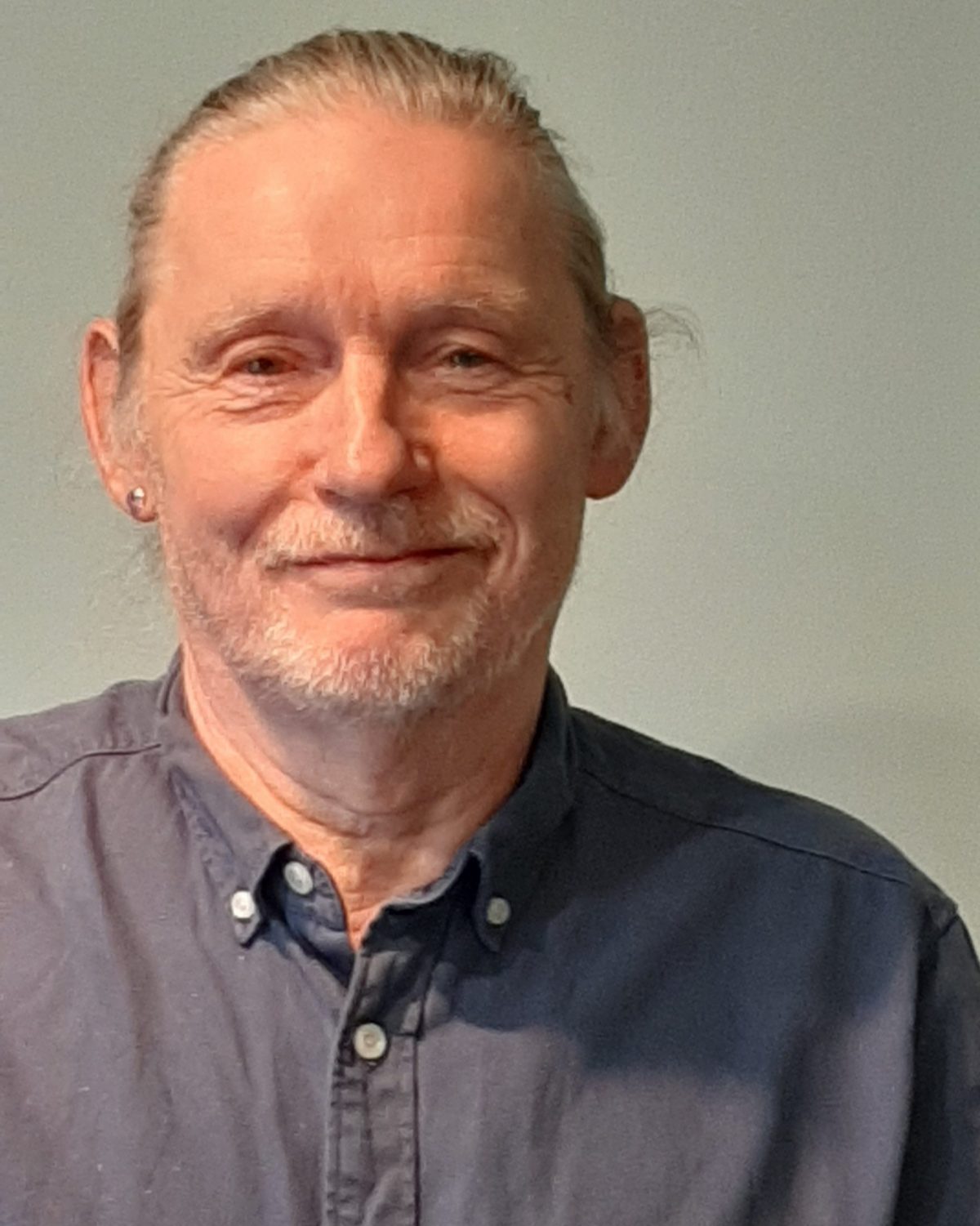Prospective clients looking at the Personal & Relationship Counselling website will notice that we offer both “Counselling” and “Psychotherapy”, and they might well wonder what exactly is the difference between the two. It’s a good question and as a therapist who has worked at Personal & Relationship Counselling for a long time, and has done both Counselling and Psychotherapy training, I think its one worth trying to answer. Furthermore, I think explaining the question could be a good way to begin to explore Counselling and Psychotherapy more generally.
In my view there is not a clear, obvious and definitive answer to the question, but I would suggest that historically “counselling” has been seen as a process more concerned with the present – with issues and problems thrown up by the demands of everyday world we live in. If you like, the world external to our own minds or psyches. For example, issues provoked by loss of various kinds; by sudden big changes in life; by work issues; by family issues; by illness, look at the impact of Covid on so many lives over the past 2 years. In short, the multiplying of matters that can make our lives more difficult, more challenging & where, therefore, counselling can provide help, solace and support, in dealing with these troubling issues. In this context, counselling may be viewed as being practical and perhaps time-limited.
In contrast I think that historically “psychotherapy” has been understood as a phenomenon more to do with exploring and understanding the internal world i.e., what is going on inside our own head or psyches. And, in focusing more on the “Self” trying to deal with the troubling issues that arise in life, its orientation was often seen as being more on the past, rather than just the present – on how our early life, childhood, may have influenced or shaped our characters, and the way we might deal with the world, sometimes perhaps in ways we have not really seen or understood. In this context, perhaps the process might be “deeper” or take more time.
But in a contempory sense, this kind of difference between the two has been challenged, sometimes to such an extent that the pre-eminent professional body, The British Association of Counselling and Psychotherapy (B.A.C.P) now considers that the terms “counselling” and “psychotherapy” to be interchangeable, a sea change indeed (although some other bodies, for example The United Council for Psychotherapy (U.K.C.P) still see some differences, and can even describe composite notions, such as “psychotherapeutic counselling”).
This may first seem a bit confusing, but in reality, I do not think it is. Both my own experiences, first as a counsellor, then as a psychotherapist, and the huge amount of research and evidence available, confirm that both “counselling” and “psychotherapy” can and do provide the range of the therapeutic interventions implied by putting the historical sense of the two terms together. In other words, “counselling” and “psychotherapy” are both concerned with The Past and The Present, and the relationship between them. We can only live in the present, and most obviously people come to counselling or psychotherapy, to receive help and support in the present, that may facilitate themselves feeling better about themselves, and more resourced to deal with the future ahead of them. Equally it is very true that sometimes exploring childhood and what has happened in the past can facilitate a better understanding of self, and perhaps the reasons why certain unhappy situations seem to occur regularly in life.
In that sense, both counselling and psychotherapy are concerned with the relationship between The Past and The Present and, similarly, the relationship between what I suggested as being the internal world (what is happening inside our minds) and the external world (what is happening in the world we live in). This leads me to suggest that there is a lovely symmetry dissemble here, because in essence counselling and psychotherapy are centred upon the construction of a relationship, between therapist and client, and the overwhelming weight of research evidence available points to the fact that the relationship between client and therapist is the crucial factor in making counselling / psychotherapy effective and helpful. The techniques and approaches, and models of therapy are important, but essentially, it is the relationship that is the critical source of healing.
This is certainly in line with my own experience, and that of my most trusted and valued colleagues over many years.
– relationship, relationship, relationship! –
The relationship between the Past and the Present
The relationship between the Internal and the External Worlds
The relationship between the Therapist and the Client
So, in exploring counselling & psychotherapy more generally, as I hope to do, it is essential to explore the nature of these relationships, the forms they might take, and how they can facilitate the solving of life problems, and the growth and development of the individual.
Les Parsons, March 2022
